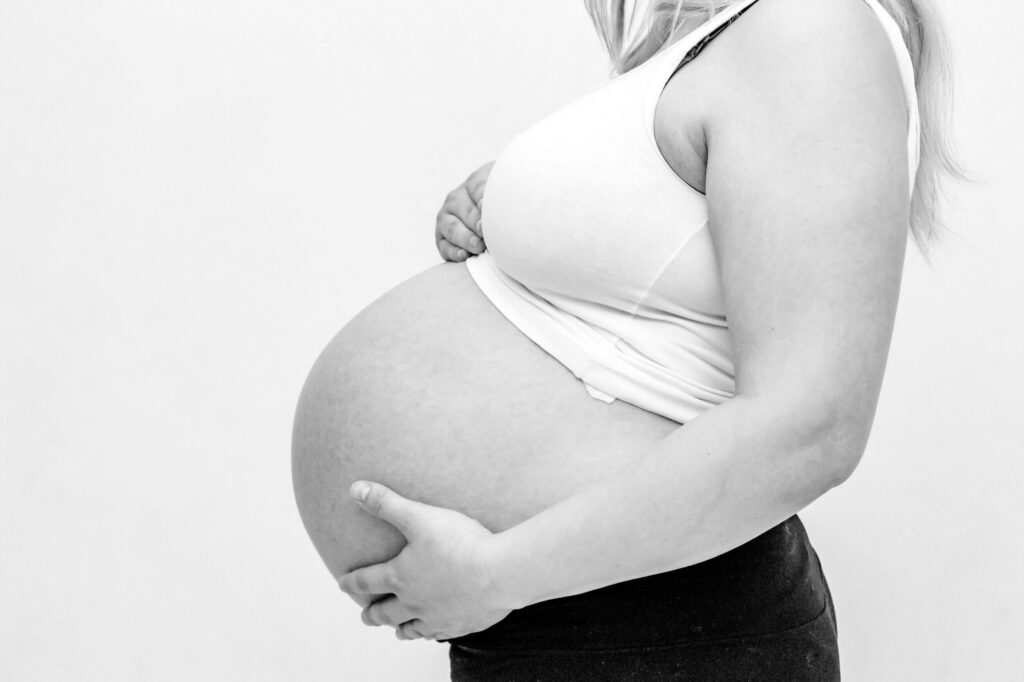Online Mummy MOT Assessment.
Women’s health physiotherapists help women of all ages experiencing issues of pelvic floor dysfunction. Symptoms may include; urinary stress incontinence, bowel dysfunction, pelvic organ prolapse, pelvic girdle pain, low back pain and painful sex. Although in the context of the current crisis, these issues are not life threatening, they are uncomfortable, embarrassing and can significantly affect a woman’s mental health.
It is common for these symptoms to be put down to age or because you have had a baby. Women are often unaware of the relatively simple, non-surgical assistance that can be offered by a women’s health physiotherapist. The current state of lockdown making attending appointments almost impossible, means it is even more difficult for the information and advice to reach the women who need it.
Potentially, it is an even more isolating time for new mums. Without the usual support of family and friends and with reduced access to health professionals it may be difficult to know where to turn for advice. Throw in some uncomfortable, new physical symptoms on top of the normal stress of being a new parent and social distancing and this can make for a very worrying time.
In normal circumstances, I would recommend a woman comes for a Mummy MOT from 6 weeks after having her baby. This is a thorough physical check on how she is recovering from birth, when and how she can start to exercise and whether she needs any ongoing treatment for symptoms of pelvic floor dysfunction. Obviously, this cannot happen face to face at the moment. As an alternative, I and many other physios are offering telehealth appointments.
At first thought this may seem a little strange. Aren’t physiotherapists known for using “hands on” techniques to assess and treat clients? However, we can actually complete the majority of our assessment and glean important information via video and therefore these appointments have a lot to offer.
An important part of the Mummy MOT has always been allowing the mum time to talk. About her pregnancy and birth experience and how she is feeling physically and emotionally. With careful questioning, we can build up a picture of her symptoms that indicate where the main problem lies. This can all still happen virtually.
During an online assessment it is possible to assess your posture, how your back pelvis and hips are moving, how you perform functional movements like a squat and how you breathe. There are various tests or movements that you may be asked to perform as you would in a normal assessment. You will be asked to show your tummy and place your finger in the gap between your tummy muscles to test for a diastasis (separation). These will all be carefully explained to you and will add to the information gained from the discussion to decide what is causing your symptoms
The only part of the assessment that is not possible to undertake is the internal vaginal examination to assess the pelvic floor muscles. Here we rely on the other information we have gained from the rest of the assessment and clinical experience to advise on the best course of action.
Following the assessment, you will receive bespoke advice to help with bladder and bowel health, posture and back care and returning to exercise. You will be taught correct, relaxed breathing technique, appropriate core exercises and how to activate and relax your pelvic floor. This will be followed up with an email detailing the assessment findings, recommendations and exercises. We can then keep in touch via email and there is the option to book a shorter virtual review appointment.
There are no reasons why new mums should not receive the help and support they need for their physical recovery from birth due to being unable to leave the house. In fact, we are hoping that this situation will spark a change in practice to telehealth appointments being more readily available in the future. To help any clients that may be unable to access our services due to distance, health issues or childcare restrictions. This current crisis is making us all examine how we practice, causing us to think outside the box and work outside of our normal routines. Hopefully when we emerge from lockdown, our clients will be benefitting from an even more accessible, client centred service.




